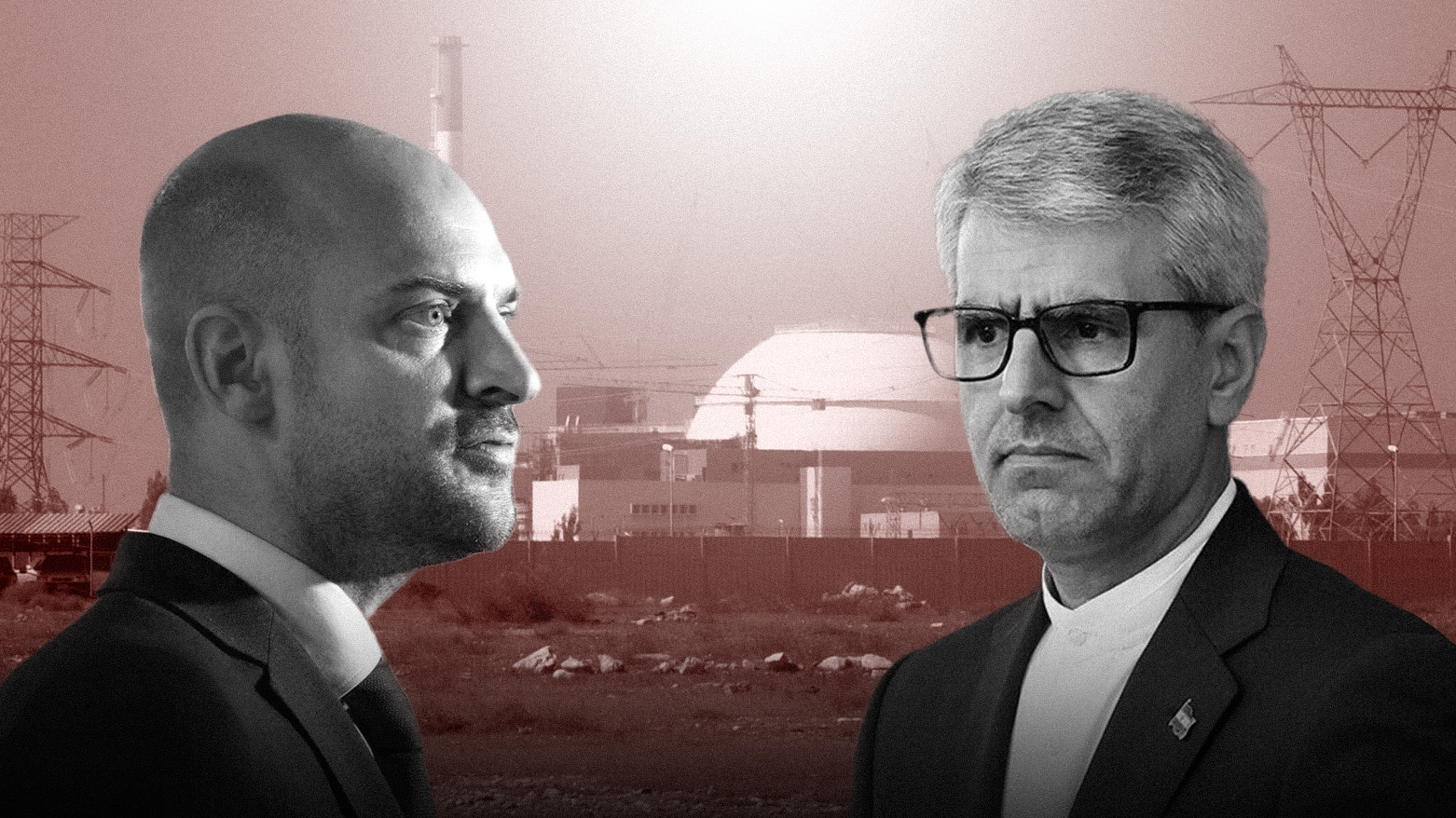'Iran Acquiring Nukes,' Warns Barrot; Tehran Slams France’s 'Spoiling Role'
Barrot tied Iran’s nuclear progress to missile development and support for armed groups. In response, Baqaei warned: “France’s nagging posture risks evolving into a spoiling role,” especially amid threats to reimpose sanctions.

By Kamaran Aziz
ERBIL (Kurdistan24) – A fierce diplomatic showdown has erupted between Iran and France, as Tehran condemned what it called “absurd and politically irresponsible” accusations from French Foreign Minister Jean-Noël Barrot, who warned the United Nations this week that Iran is on the brink of acquiring nuclear weapons.
In a sharply worded statement posted on X (formerly Twitter), Iranian Foreign Ministry spokesperson Esmaeil Baqaei lashed out at Barrot’s characterization of Iran’s nuclear program, dismissing it as “baseless” and accusing France of posturing in a way that could derail any remaining prospects for diplomacy. “This false statement, coupled with the Minister’s open threats to reimpose sanctions, reinforces the suspicion that France’s nagging posture risks evolving into a spoiling role,” Baqaei warned, adding, “That won't add any credit to France and its status in Europe and globally.”
The exchange followed Barrot’s address to a private session of the United Nations Security Council on April 28, convened specifically to address the rising risks of nuclear proliferation. The session, held in the presence of International Atomic Energy Agency (IAEA) Director General Rafael Grossi, marked the first such meeting in over 15 years and reflected growing alarm within Western capitals over the trajectory of Iran’s nuclear activities.
Speaking to reporters afterward, Barrot delivered an unambiguous message: “The risk of nuclear proliferation has never been so high. Iran is in the process of acquiring nuclear weapons.” He cited IAEA reports indicating that Iran now possesses over 6,000 kilograms of enriched uranium—thirty times more than the limits set under the 2015 nuclear accord—and warned that Iran’s “breakout time” to build a bomb has shrunk from one year to mere days.
Barrot also linked Iran’s nuclear advances to broader destabilizing activities, including the development of long-range ballistic missiles and support for non-state armed groups throughout the Middle East. “There is no military solution to the Iran nuclear problem,” he stressed, “but there is a diplomatic path—if Iran chooses it.”
Iran’s ambassador to the United Nations, Amir-Saeid Iravani, echoed Baqaei’s condemnation in an earlier statement, dismissing Barrot’s remarks as “unfounded” and insisting that Tehran remains committed to diplomacy. “However, genuine diplomacy cannot proceed under threats or pressure,” Iravani noted. “If France and its partners are truly interested in a diplomatic resolution, they must abandon coercion and respect the sovereign rights of States under international law.”
As the nuclear standoff escalates, all eyes are on the impending expiration of the Joint Comprehensive Plan of Action (JCPOA), the 2015 agreement from which the United States withdrew in 2018. Barrot warned that unless Iran reverses course, France and its European allies will have “no hesitation” in reimposing sanctions that were lifted a decade ago. “Those sanctions would then close, in the long term, Iran’s access to European technologies, investments and markets, with devastating effects on the country’s economy,” he said.
Despite his hardline tone, Barrot indicated that France supports the ongoing talks between Iran and the United States, led by Secretary of State Marco Rubio and Special Envoy Steve Witkoff. “We are getting closer and closer every week to the expiration of the JCPOA,” he said. “Europeans who remain within the framework of the JCPOA will have an important decision to make by the summer.”
Iran, however, remains defiant, portraying itself as a victim of double standards. Officials in Tehran argue that while Iran faces intense scrutiny over its civilian nuclear activities, other nuclear-armed states—including Israel—operate without accountability under the same international treaties.
The current impasse reflects a broader malaise in international diplomacy, with the IAEA’s Grossi warning that nuclear proliferation today is like “building campfires in a dry forest.” While the IAEA prepares to release its latest report on Iran’s nuclear program, calls are mounting for urgent and decisive international action to prevent the region from spiraling further into instability.
For now, Tehran and Paris remain locked in a rhetorical standoff—one with far-reaching consequences not only for the Middle East, but for the global non-proliferation regime and the credibility of multilateral diplomacy.